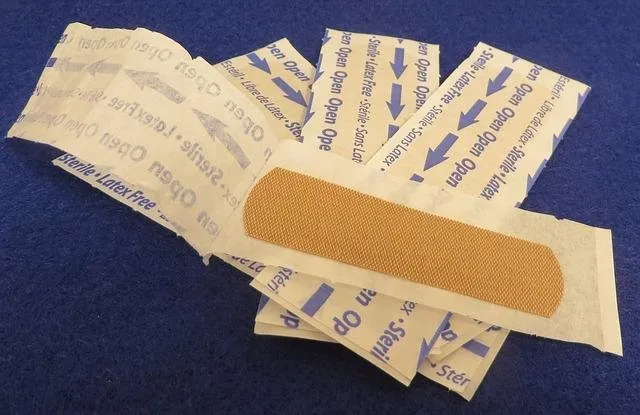No, I'm not referring to flying. Who would want to crash land in such a situation? Although there is a tiny chance that would save your life.
However I want to talk about life situations in general or at a macro level about economy or society, all of which can reach rough spots, from which there are two ways out:
- using soft adjustments, which will never make a big impact in a short period of time
- by crash landing, which, as the name suggests, is very rough for a short while, but has a chance to restore balance sooner
Each method has its virtues, and it depends on the preference of the subject.
For example, if you have a large band aid glued to your leg, how would you prefer to get it off? Slowly, with small movements, taking breaks to adjust to the pain or in one swift move to rip it off? The first option takes longer, the pain is there the whole time, but you adjust to its level every time you pull a little more of the band aid. On the second option the pain is sudden and you feel it much intensely, because you are not expecting it, you are not adjusted to it, but it ends really quickly. So, what would you choose? I can tell you for sure some will prefer option A and others option B.
What matters even more than preference is timing. Early on, it's much easier to choose the softer option, but the deeper a crisis or an unhandled situation goes the more urgent it becomes and the less likely it is to be effective with a soft option, while the hard crash landing might still have a chance.
In fact, a crash landing is most often necessary only after the soft adjustments failed, but only if the soft adjustments were applied early enough, otherwise they are simply too late and one should not waste time with them.
Here's a simple example. You don't cut an arm (that would be crash landing) if someone has a bruise, but you also don't apply a band aid (that would be a soft adjustment) to an arm where there's septic poisoning. You do exactly the opposite.
Crash landings always leave scars. But without them, there are situations when the patient dies. Unfortunately, the patient has to leave with the scars after the crash landings. Some scars disappear, some alleviate in time, while some will always be there.
That's why, if we can use soft adjustments, let's do that. If time has passed for them, crash landing gives us another chance, when continuing with soft adjustments or doing nothing could mean deepening the crisis, or going to a point of no return.
